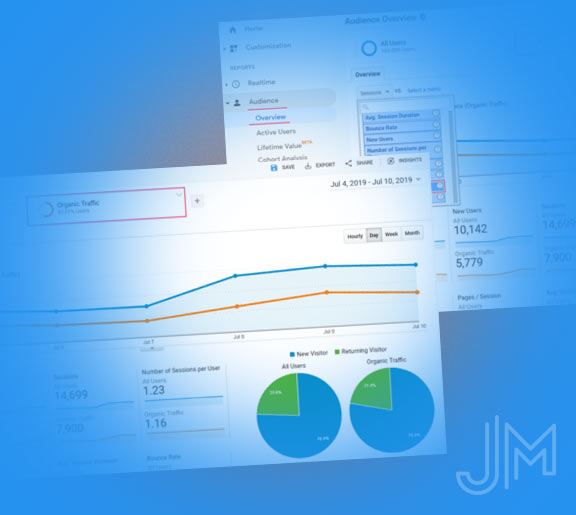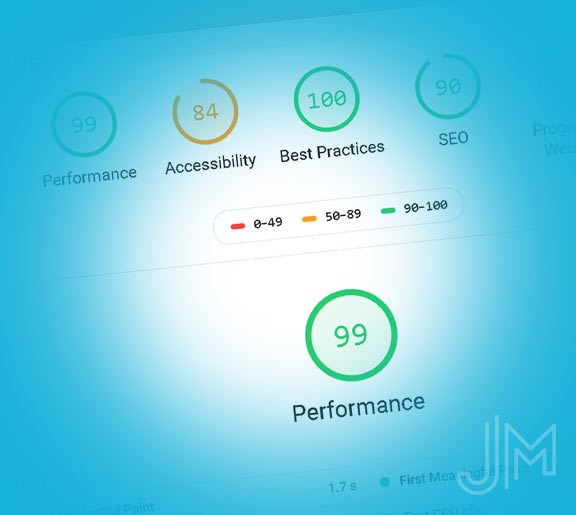From Determining available resources to Content creation, Monitoring traffic, On-going SEO, Monitoring performance and Making adjustments
Managing your own website
Many business owners struggle to understand how to manage a website. You most likely started your business to sell products, not to build and operate websites. You won't be able to reach your marketing objectives without a well performing website. Website marketing is critical to the success of practically every company in the twenty-first century, and you'll be hard pressed to avoid using it in your small business marketing strategy.

Determine available resources
It's one thing to declare you'll build and manage a website; it's quite another to figure out who will be responsible for what. Managing a website requires a lot of time and effort, and if you want it to create cash for your business, you can't do it half-heartedly. You'll need to devise a strategy that spells out who in your company is responsible for what and how much time they should devote to the project on a weekly basis.

Content creation
Content refers to everything you put on your website that a visitor might consume. Blog articles are common, but you may also find that videos, downloadables, or even live events such as webinars help you interact with your audience. Content is vital if you want your website to generate leads, and it's also a great way to attract free traffic. You'll need to create a content strategy that takes into account what your clients want from you and consistently delivers it.

Monitor traffic
As visitors move in and out of your site, they generate a lot of data, and you should be recording these marketing analytics or you'll miss out on critical opportunities to improve efficiency and, eventually, income. Sites like Google Analytics can track bounce rate, time on page, and other important metrics. With this information, you can answer important questions that directly affect your bottom line, such as: Why are so many visitors bouncing, what are my most popular pieces of content? To make a single sale, how many visitors do I need?

SEO is on-going
Stakeholders should view SEO, like any other sort of marketing and advertising, as a continuous business essential. Long-term investments are required. It is a waste of time and money to execute SEO half-heartedly or to give up too soon. Unless you're running a sponsored campaign, SEO takes 2-4 months to show results. It could take a long time, depending on your existing situation and your competition. A skilled Search Engine Optimizer can assist you in setting realistic goals.

Monitor performance
Web performance is the study and monitoring of websites to ensure that the most important information is displayed as quickly as possible, that pages load at the quickest speeds, and that unexpected downtimes are avoided. If a site has great SEO but its performance is lacking the search engines will still rank you poorly.

Make adjustments
When you interact with a website, a request is sent to the server, and the server answers. The reason for your website's slowness can be discovered at any point during the process. Several components of your online program are examined to determine what is causing the poor performance. Once you've figured out what's causing the slowness, you may work on fixing it. Like SEO it is often on-going process as algorithms change.
Visual media support
for your business
Did you know that pictures are processed 60,000 times faster than text by humans? You are competing with millions of people for your target audience's attention in this fast-paced world. Keep them engaged with content so they can understand your business quickly.
 JM
JM 